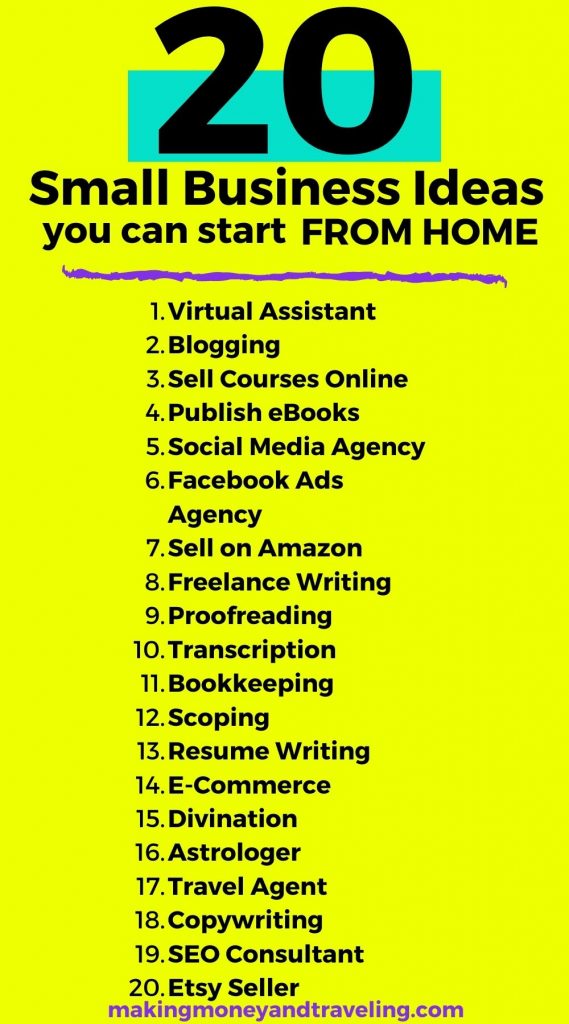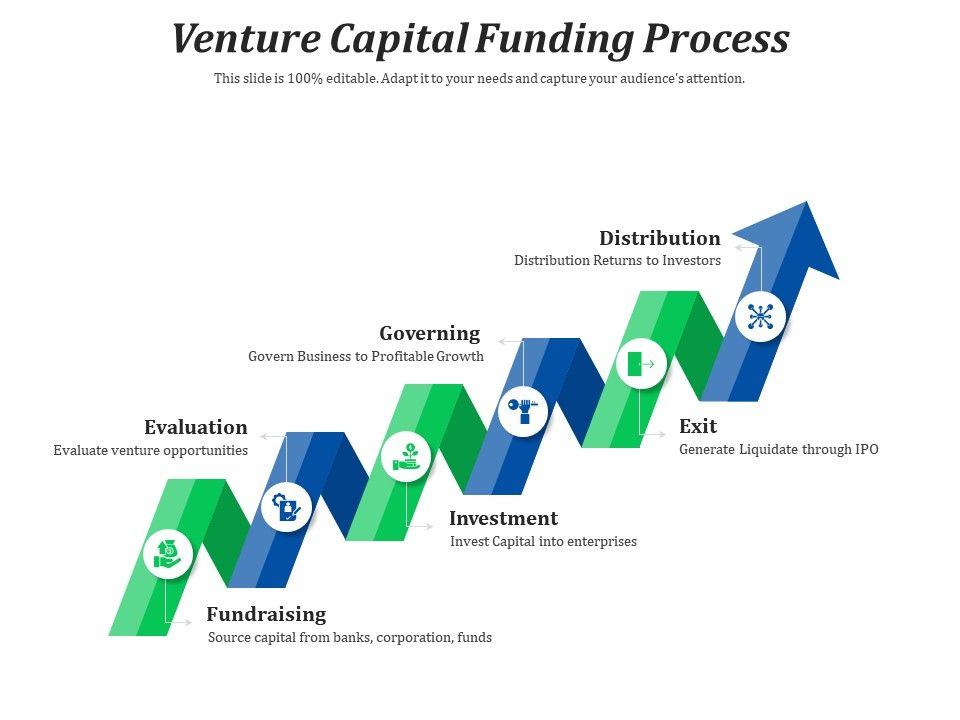Why Location Matters for Your Business
When it comes to launching a successful venture, choosing the right location is crucial. The location of your business can significantly impact its success and growth, making it essential to consider various factors before making a decision. Access to talent, market demand, and cost of living are just a few of the key considerations that can make or break your business.
Good places to start a business often have a strong pool of skilled workers, which can be a major draw for entrepreneurs. Cities with top-ranked universities and a high concentration of industry-specific talent can provide a competitive edge. For instance, cities like San Francisco and New York City are hubs for tech talent, while cities like Los Angeles and Nashville are hotspots for the entertainment industry.
Market demand is another critical factor to consider when choosing a location for your business. Understanding your target audience and their needs is essential to creating a successful business. Cities with a high demand for your product or service can provide a built-in customer base, making it easier to get your business off the ground.
The cost of living and doing business is also a significant consideration. Cities with a low cost of living and minimal regulatory hurdles can provide a more favorable business climate. For example, cities like Austin and Denver offer a lower cost of living and a more relaxed regulatory environment, making them attractive options for entrepreneurs.
Ultimately, the right location can make all the difference in the success of your business. By considering factors like access to talent, market demand, and cost of living, you can set your business up for success and create a strong foundation for growth. Whether you’re looking for good places to start a business or simply want to relocate your existing business, understanding the importance of location is key to making an informed decision.
Thriving Hubs for Entrepreneurs: Cities with a Strong Startup Ecosystem
When it comes to launching a successful business, being in the right location can make all the difference. Cities with a strong startup ecosystem offer a unique combination of resources, support, and networking opportunities that can help entrepreneurs turn their ideas into reality. Some of the most notable hubs for entrepreneurs include Silicon Valley, New York City, and Austin.
Silicon Valley, located in the San Francisco Bay Area, is one of the world’s leading tech hubs. The region is home to many of the world’s top tech companies, including Google, Facebook, and Apple, and offers access to a vast pool of talent, funding, and resources. New York City, on the other hand, is a hub for startups in the finance, media, and advertising industries, with many incubators and accelerators offering support and funding to entrepreneurs.
Austin, Texas, is another city that has gained a reputation as a thriving hub for entrepreneurs. The city is home to many major tech companies, including Google and Amazon, and hosts the annual SXSW festival, which attracts thousands of entrepreneurs, investors, and industry experts. Austin’s startup ecosystem is also supported by a number of incubators and accelerators, including the Austin Technology Incubator and the Capital Factory.
These cities offer a range of benefits to entrepreneurs, including access to funding, mentorship, and networking opportunities. Many of these cities also have a high concentration of coworking spaces, incubators, and accelerators, which provide resources and support to startups. Additionally, these cities often have a strong pool of talent, with many top universities and colleges located in the area.
For entrepreneurs looking for good places to start a business, these cities offer a unique combination of resources and support. By locating in one of these hubs, entrepreneurs can tap into a network of like-minded individuals, access funding and resources, and take advantage of the many opportunities available. Whether you’re looking to launch a tech startup or a business in a different industry, these cities offer a range of benefits that can help you succeed.
Emerging Markets: Up-and-Coming Cities for Business Growth
While established hubs like Silicon Valley and New York City continue to attract entrepreneurs, there are many emerging markets that offer a unique combination of benefits for businesses. Cities in the Midwest and Southeast United States, for example, are ripe for business growth, with lower costs of living and doing business, as well as access to a growing talent pool.
Cities like Columbus, Ohio, and Nashville, Tennessee, are experiencing rapid growth and development, with a strong focus on innovation and entrepreneurship. These cities offer a range of benefits, including lower costs of living and doing business, as well as access to top-ranked universities and a growing talent pool. Additionally, many of these cities have a strong sense of community, with a growing number of coworking spaces, incubators, and accelerators.
Another emerging market is the city of Kansas City, Missouri, which has become a hub for startups in the tech and healthcare industries. The city is home to a number of top-ranked universities, including the University of Missouri-Kansas City, and has a growing number of coworking spaces and incubators. Kansas City also offers a range of benefits, including lower costs of living and doing business, as well as access to a growing talent pool.
For entrepreneurs looking for good places to start a business, these emerging markets offer a unique combination of benefits. By locating in one of these cities, businesses can take advantage of lower costs, access to talent, and a growing sense of community. Additionally, many of these cities have a strong focus on innovation and entrepreneurship, with a range of resources and support available to help businesses succeed.
When considering an emerging market for your business, it’s essential to research the local economy, talent pool, and business climate. Look for cities with a strong sense of community, a growing number of coworking spaces and incubators, and access to top-ranked universities. By doing your research and choosing the right location, you can set your business up for success and take advantage of the many benefits that emerging markets have to offer.
Industry-Specific Hotspots: Where to Launch Your Business for Maximum Impact
When it comes to launching a successful business, location can play a crucial role in determining its success. Different industries have different needs, and some locations are better suited to certain types of businesses. For example, the entertainment industry is heavily concentrated in Los Angeles, while biotech companies tend to thrive in Boston.
Los Angeles is a hub for the entertainment industry, with many major film and television studios, as well as a large pool of talented actors, writers, and directors. The city is also home to a number of top-ranked universities, including the University of Southern California and the University of California, Los Angeles, which provide a steady supply of talented graduates. Additionally, Los Angeles has a number of incubators and accelerators that provide support and resources to startups in the entertainment industry.
Boston, on the other hand, is a hub for the biotech industry, with many major pharmaceutical and biotech companies, as well as a number of top-ranked universities, including Harvard and MIT. The city is also home to a number of incubators and accelerators that provide support and resources to startups in the biotech industry. Boston’s biotech industry is also supported by a number of government initiatives and funding programs, which provide additional resources and support to startups.
Other industry-specific hotspots include New York City for finance and media, San Francisco for tech, and Nashville for music. Each of these cities has a unique combination of resources, talent, and support that makes them an ideal location for businesses in their respective industries. By locating in one of these hotspots, businesses can tap into a network of like-minded individuals, access specialized talent and resources, and take advantage of the many opportunities available.
When considering an industry-specific hotspot for your business, it’s essential to research the local industry, talent pool, and business climate. Look for cities with a strong sense of community, a growing number of incubators and accelerators, and access to top-ranked universities. By doing your research and choosing the right location, you can set your business up for success and take advantage of the many benefits that industry-specific hotspots have to offer.
Quality of Life: How to Choose a Location that Supports Your Business and Well-being
When considering a location for your business, it’s essential to think about the quality of life that it will provide for you and your employees. Factors such as cost of living, education, and healthcare can all impact your business’s success and your personal well-being. By choosing a location that supports your business and well-being, you can create a positive and productive work environment that will help your business thrive.
Cost of living is a significant factor to consider when evaluating a location for your business. Cities with a high cost of living can be challenging for businesses, as they may struggle to attract and retain talent. On the other hand, cities with a lower cost of living can provide a more affordable and attractive option for businesses. For example, cities like Austin, Texas, and Portland, Oregon, offer a lower cost of living and a high quality of life, making them attractive options for businesses and entrepreneurs.
Education is another critical factor to consider when evaluating a location for your business. Cities with top-ranked universities and a strong educational system can provide a talented and educated workforce, which can be a significant advantage for businesses. For example, cities like Boston, Massachusetts, and San Francisco, California, are home to many top-ranked universities and have a highly educated workforce, making them attractive options for businesses in the tech and biotech industries.
Healthcare is also an essential factor to consider when evaluating a location for your business. Cities with high-quality healthcare systems and access to top-ranked hospitals and medical facilities can provide a healthy and productive workforce, which can be a significant advantage for businesses. For example, cities like Minneapolis, Minnesota, and Denver, Colorado, have high-quality healthcare systems and access to top-ranked hospitals and medical facilities, making them attractive options for businesses and entrepreneurs.
By considering factors such as cost of living, education, and healthcare, you can choose a location that supports your business and well-being. This can help you create a positive and productive work environment that will help your business thrive. Additionally, choosing a location with a high quality of life can also help you attract and retain top talent, which can be a significant advantage for your business.
Tax-Friendly States: Where to Start a Business for Minimal Tax Liability
When it comes to starting a business, taxes can be a significant consideration. Some states have more business-friendly tax policies than others, which can impact the bottom line of your company. By choosing a state with a low tax burden, you can minimize your tax liability and keep more of your hard-earned profits.
Texas is one of the most tax-friendly states in the country, with no state income tax and a low overall tax burden. This makes it an attractive location for businesses, particularly those in the tech and energy industries. Additionally, Texas has a relatively low cost of living and a strong economy, making it an excellent choice for entrepreneurs.
Florida is another state with a low tax burden, with no state income tax and a low overall tax burden. This makes it an attractive location for businesses, particularly those in the tourism and hospitality industries. Additionally, Florida has a relatively low cost of living and a strong economy, making it an excellent choice for entrepreneurs.
Other tax-friendly states include Nevada, South Dakota, and Wyoming, which all have low or no state income tax. These states also have relatively low overall tax burdens, making them attractive locations for businesses. By choosing one of these states, you can minimize your tax liability and keep more of your profits.
When considering a tax-friendly state for your business, it’s essential to research the local tax laws and regulations. Look for states with low or no state income tax, as well as low overall tax burdens. Additionally, consider the cost of living and the overall economy of the state, as these can impact the success of your business.
By choosing a tax-friendly state, you can minimize your tax liability and keep more of your profits. This can be a significant advantage for your business, particularly in the early stages. By doing your research and choosing the right location, you can set your business up for success and achieve your goals.
Access to Funding: Cities with a High Concentration of Venture Capital and Angel Investors
When it comes to starting a business, access to funding is crucial. Cities with a high concentration of venture capital and angel investors can provide entrepreneurs with the resources they need to launch and grow their businesses. In this article, we’ll explore some of the top cities for accessing funding, including San Francisco, Seattle, and New York City.
San Francisco is one of the top cities for accessing funding, with a high concentration of venture capital firms and angel investors. The city is home to many of the world’s top tech companies, including Google, Facebook, and Apple, and has a thriving startup ecosystem. San Francisco is also home to many incubators and accelerators, which provide resources and support to early-stage startups.
Seattle is another city with a high concentration of venture capital and angel investors. The city is home to many of the world’s top tech companies, including Amazon and Microsoft, and has a thriving startup ecosystem. Seattle is also home to many incubators and accelerators, which provide resources and support to early-stage startups.
New York City is also a top city for accessing funding, with a high concentration of venture capital firms and angel investors. The city is home to many of the world’s top finance and media companies, and has a thriving startup ecosystem. New York City is also home to many incubators and accelerators, which provide resources and support to early-stage startups.
These cities offer a range of benefits to entrepreneurs, including access to funding, mentorship, and networking opportunities. By locating in one of these cities, entrepreneurs can tap into a network of like-minded individuals and access the resources they need to launch and grow their businesses.
When considering a city for accessing funding, it’s essential to research the local venture capital and angel investor community. Look for cities with a high concentration of venture capital firms and angel investors, as well as a thriving startup ecosystem. Additionally, consider the cost of living and the overall business climate of the city, as these can impact the success of your business.
How to Choose the Perfect Location for Your Business
Choosing the perfect location for your business can be a daunting task, but with the right approach, you can make an informed decision that sets your business up for success. Here’s a step-by-step guide on how to choose the perfect location for your business:
Step 1: Research Demographics
Start by researching the demographics of the area you’re considering. Look at factors such as population size, age, income level, and education level. This will help you determine if the area is a good fit for your business and if there’s a demand for your product or service.
Step 2: Evaluate the Competition
Next, evaluate the competition in the area. Look at the number of businesses similar to yours and assess the level of competition. This will help you determine if the area is saturated with similar businesses and if there’s room for your business to thrive.
Step 3: Assess the Local Business Climate
Assess the local business climate by looking at factors such as the cost of living, taxes, and regulations. This will help you determine if the area is business-friendly and if there are any incentives or resources available to support your business.
Step 4: Consider Quality of Life
Finally, consider the quality of life in the area. Look at factors such as education, healthcare, and transportation. This will help you determine if the area is a good fit for you and your employees and if it will support your business’s success.
By following these steps, you can make an informed decision about the perfect location for your business. Remember to consider all the factors that will impact your business’s success and choose a location that will support your business’s growth and prosperity.
Some of the good places to start a business include cities with a strong startup ecosystem, emerging markets with a growing talent pool, and industry-specific hotspots with access to specialized talent and resources. Additionally, consider tax-friendly states with minimal regulatory hurdles and cities with a high concentration of venture capital and angel investors.
Ultimately, the perfect location for your business will depend on your specific needs and goals. By doing your research and considering all the factors that will impact your business’s success, you can make an informed decision that sets your business up for success.





